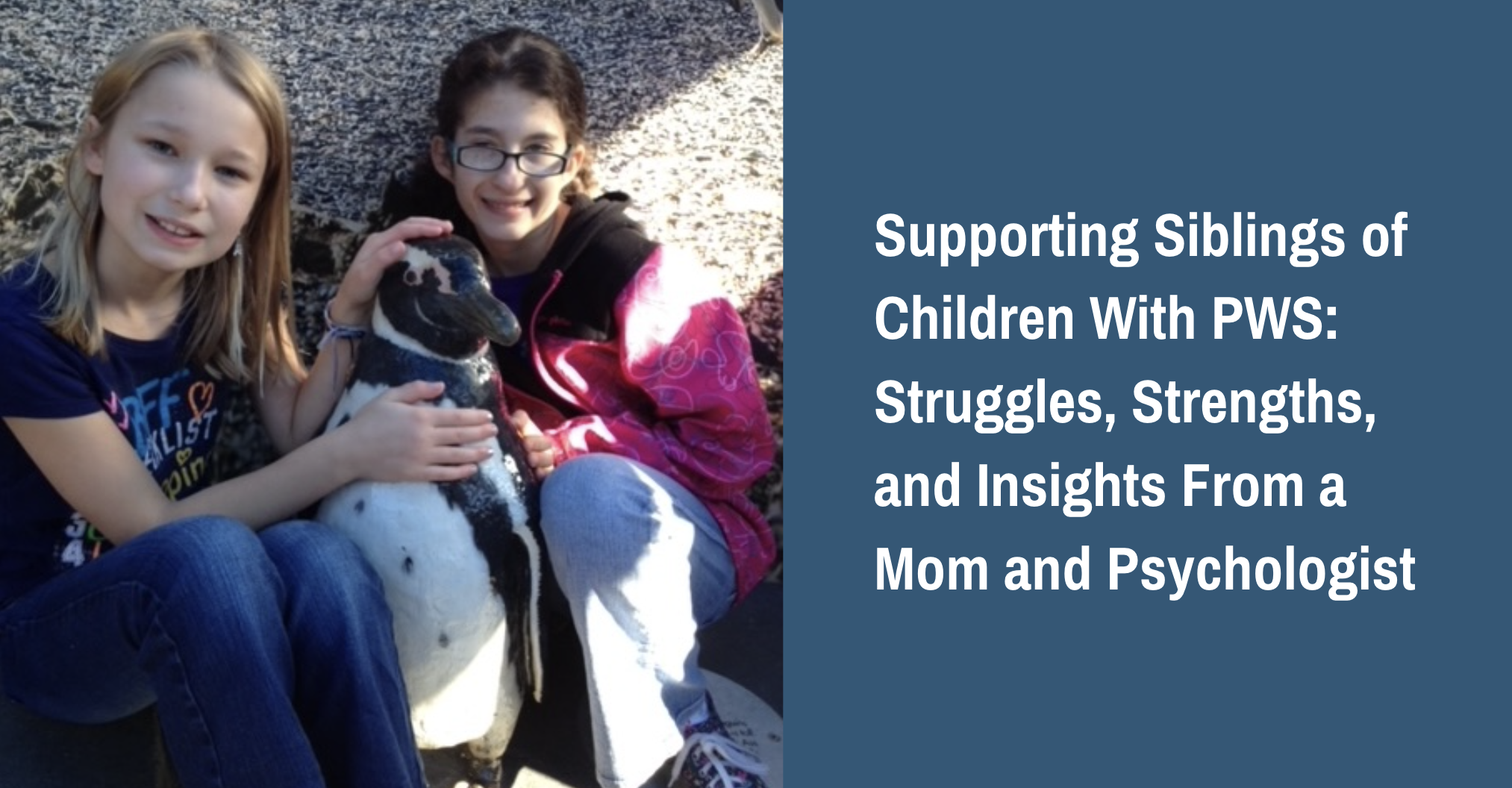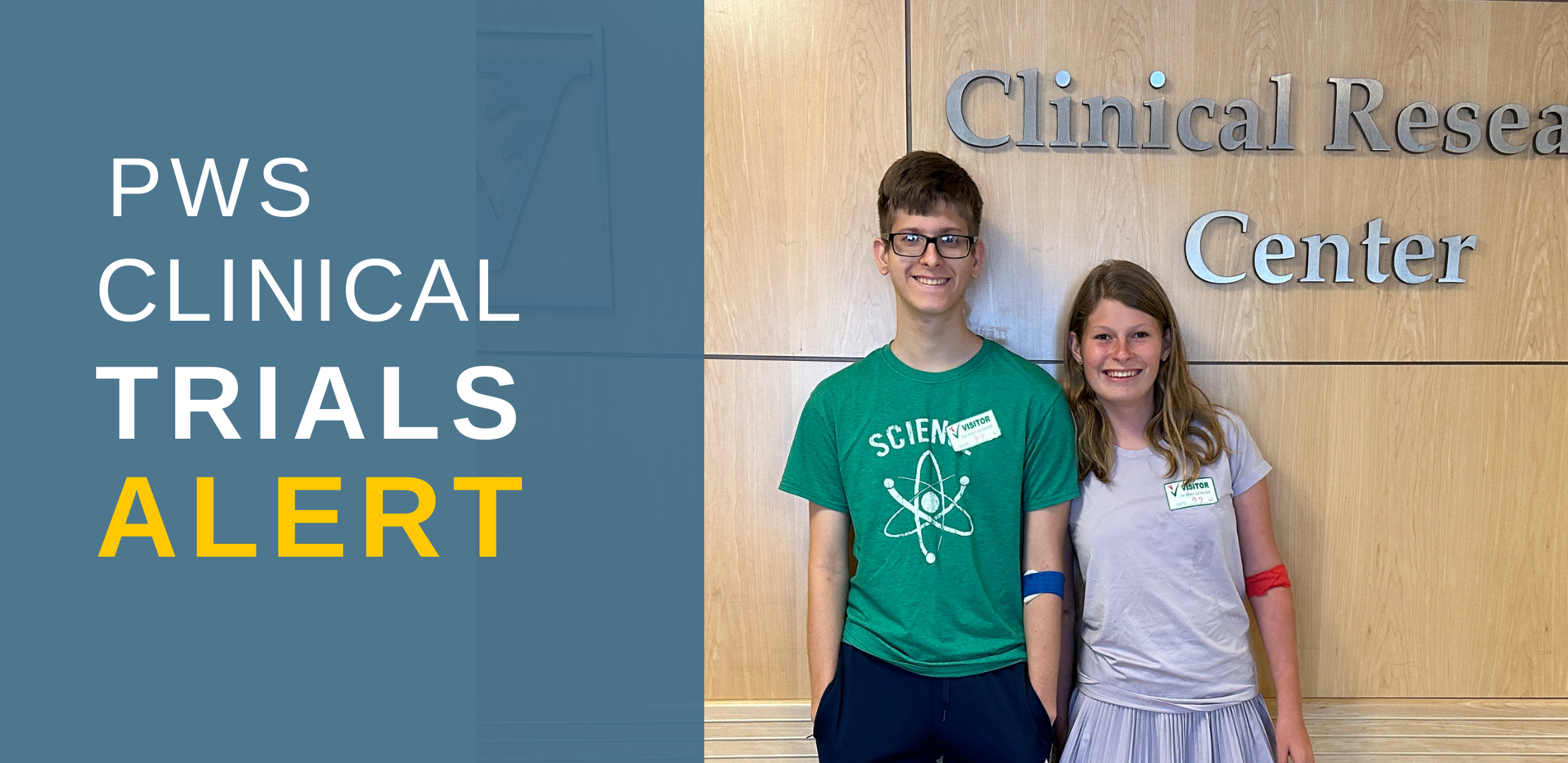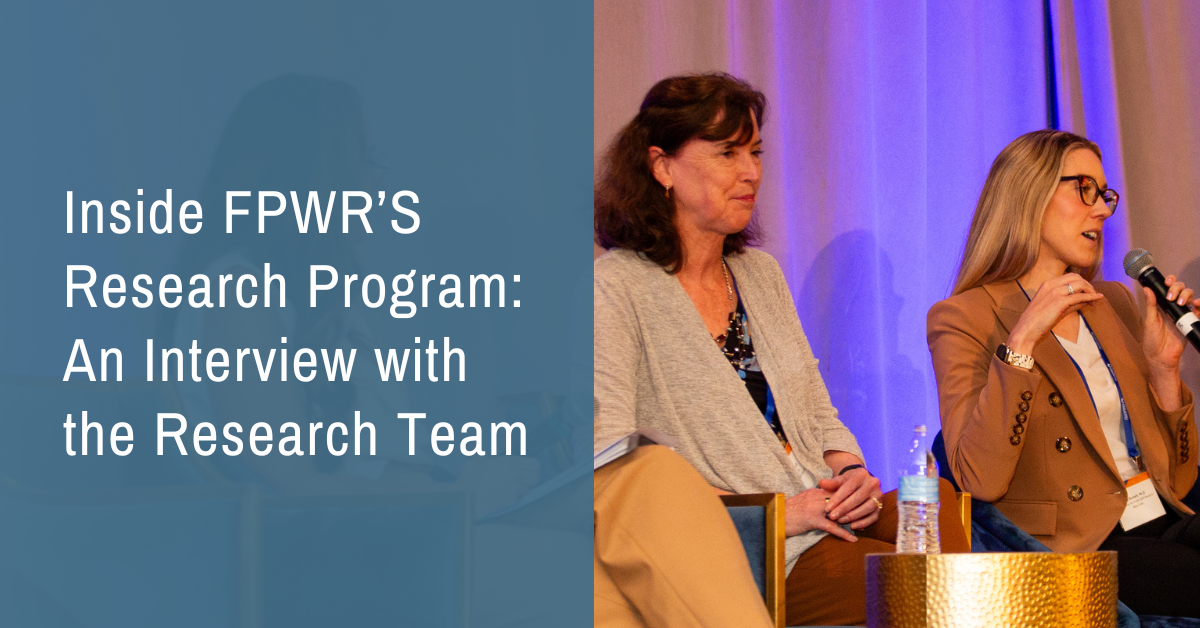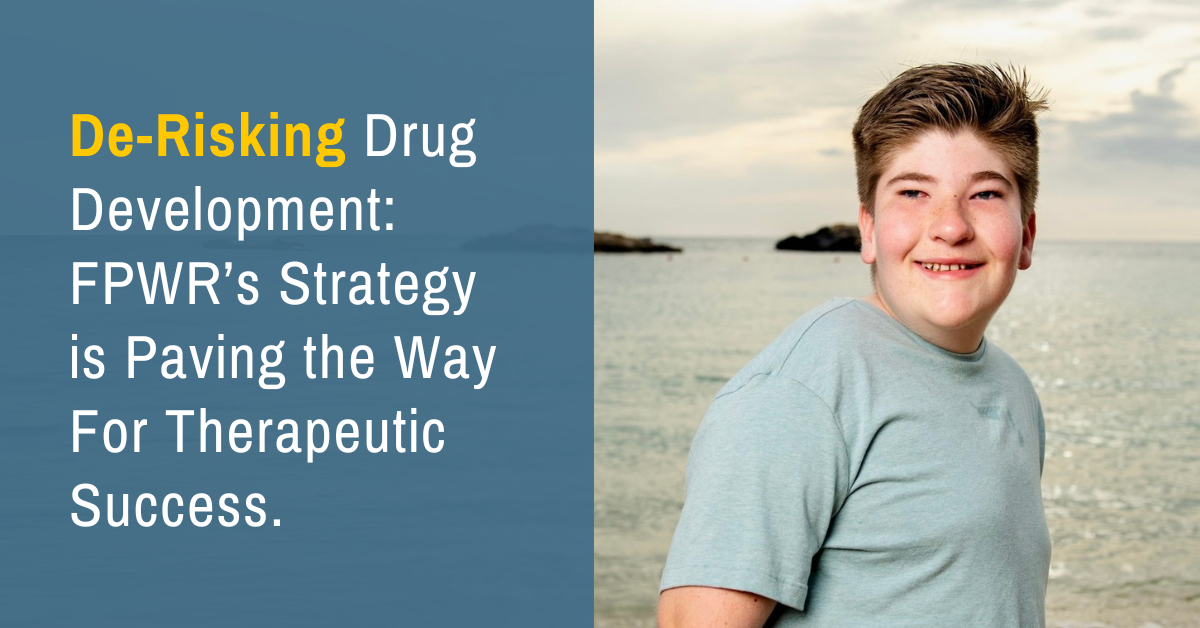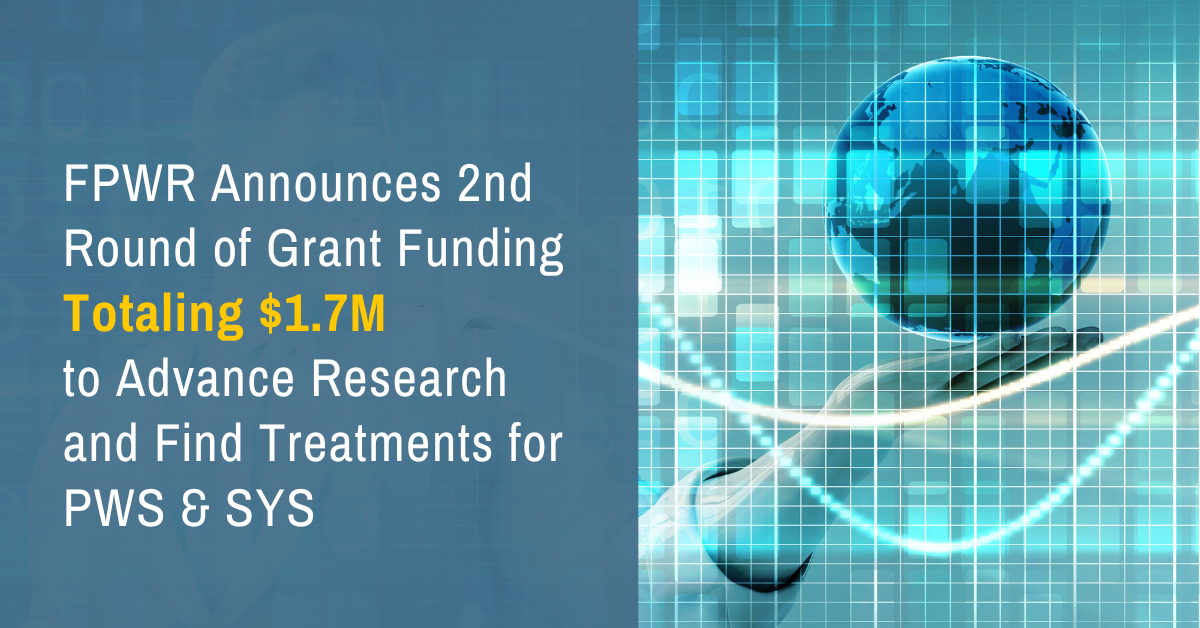Topics: Resource Development, Research, Parents
Lauren Schwartz-Roth, clinical psychologist and mom to a young adult with PWS, shares insights on supporting siblings and recognizing serious mental health challenges in her new guide. Raising a family is never easy, and parenting a child with PWS ad...
FPWR maintains the latest clinical trial information so that you can stay abreast of trial opportunities. Some trials require in-person visits, while others can be completed remotely. Some trials are testing new drugs, while others are intervention (...
Topics: Research
At the 2024 FPWR Conference, the session "Growing Up with a Sibling with PWS" offered a heartfelt and detailed look into the experiences of siblings of children with Prader-Willi Syndrome (PWS). Led by Dr. Lauren Schwartz Roth, a researcher and mothe...
Welcome to an inside look at some of the impactful research FPWR is supporting to improve the lives of individuals with Prader-Willi syndrome (PWS). In this interview, four of our dedicated research team members—Theresa Strong, Marc Ridilla, Lisa Bur...
Topics: Research, Research Blog
As 2024 draws to a close, we at the Foundation for Prader-Willi Research (FPWR) are reflecting on a year filled with progress, promise, and hope. This year’s achievements wouldn’t have been possible without the incredible dedication of our community—...
Topics: Research
The PWS-Clinical Investigation Collaborative (PWS-CLIC), a network of PWS clinical experts formally established in 2021 and supported by FPWR, held their annual meeting in Atlanta, Georgia, in conjunction with the FPWR Research Symposium and Family C...
Topics: Research
The Foundation for Prader-Willi Research (FPWR) employs a "de-risking" funding strategy to accelerate the development of new treatments for Prader-Willi syndrome (PWS). We are here to take the risks, fund new ideas, and help build the resources that ...
Topics: Therapeutic Development, Research, SYS
We are pleased to announce the recipients of our second round of grants for 2024, totaling $1,681,781 in awards, as part of the Foundation for Prader-Willi Research’s (FPWR) ongoing commitment to advancing research in Prader-Willi syndrome (PWS) and ...
Although rare overall, people with PWS have a higher risk for developing dangerous blood clots than the general population. A blood clot is a mass of blood that has changed from its liquid state into a semi-solid or gel-like form.
Topics: Research




